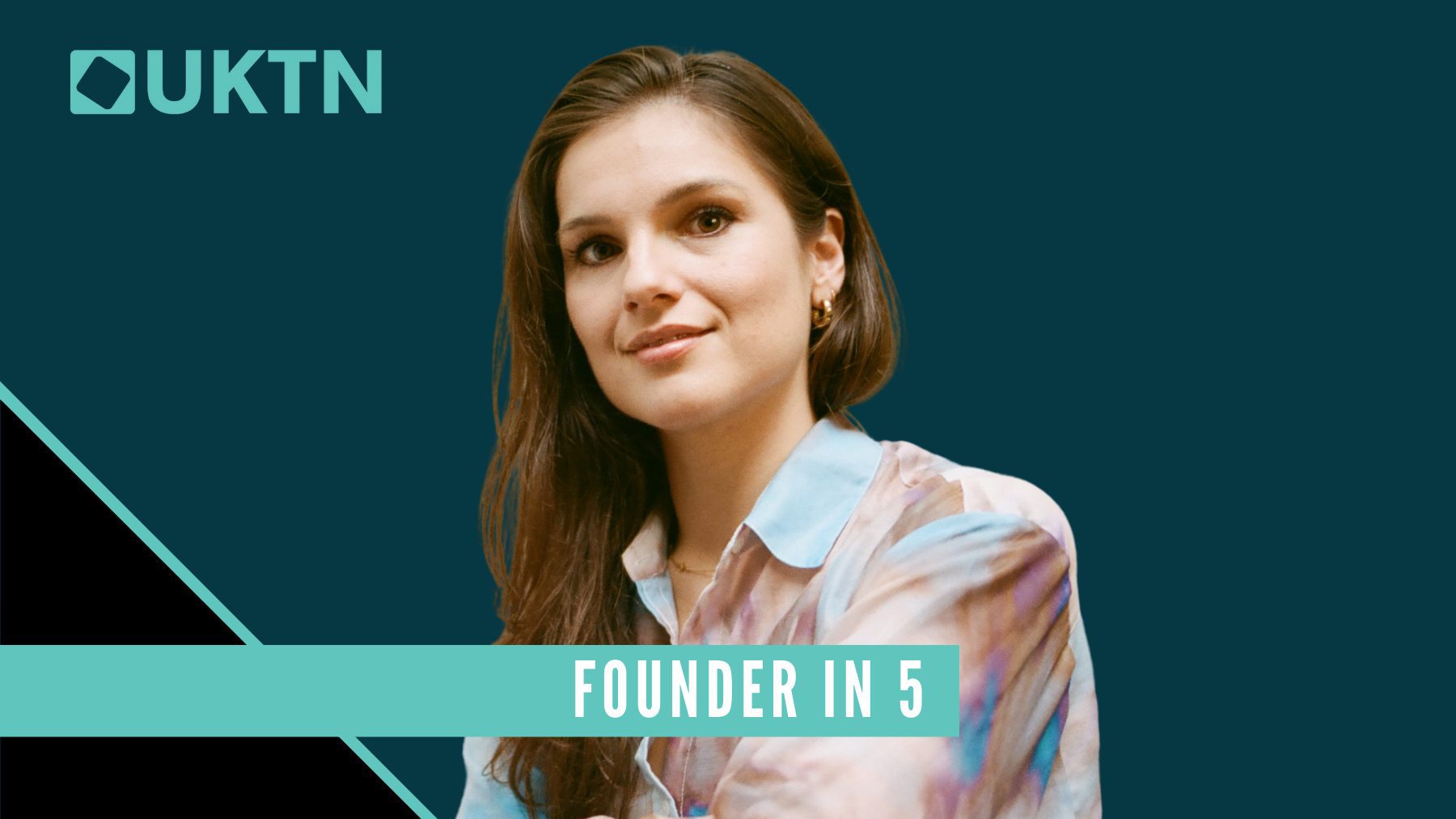
Ariana Alexander-Sefre is the founder and co-CEO of Spoke, a music-led mental wellness app aimed at Gen Zs.
Alexander-Sefre founded Spoke after experiencing loved ones lose young male friends and family to suicide. The app is taking a different approach to mental wellbeing from the likes of Calm by focusing on music. Spoke hires artists, who are trained by psychologists, therapists and neuroscientists, to produce music that it says supports mental wellbeing.
It also incorporates early-stage preventative mental well-being tools such as CBT, mindfulness, and breathwork.
The Londob-based startup has raised £1.6m in funding from investors including Bethnal Green Ventures, The Inner Foundation and Ada Ventures, along with a swathe of angel investors.
Alexander-Sefre is a second-time startup founder with over 10 years of experience building consumer wellness and music experiences in London and New York.
In this week’s Founder in Five Q&A, the Spoke co-CEO talks about the emotional exhaustion associated with social impact, reveals her most important early hires and what she would be in another life.
1. Which role was the most important early hire you made?
Ariana Alexander-Sefre: The most important initial person I brought in was my co-founder who added the skills, knowledge and way of thinking that complimented mine perfectly. (I enjoyed using the crystaliser assessment during this process).
After him, we knew we needed to hire people who could think strategically and had the initiative and drive, in such an early stage, to not need managing. They needed to come in as assets that could take work off our plate. Every new person needed to free up more of our time (headspace and stress levels) so we could think and see the business with as much perspective as possible.
2. What are the best and worst parts of your job?
AAS: The best part is seeing that we are making a positive difference in thousands of people’s lives. I can honestly now say that I am serving my highest purpose; it is very clear that the world wants and needs this and it is a privilege to serve this mission.
It is a double-edged sword because the worst part is closely linked. I have come to realise that by caring about something a lot, especially when it is linked to social impact and greater causes, it can get emotionally exhausting and risk leading to burnout. This is why balance and working on mental wellness during the process are so important.
3. How do you prevent burnout?
AAS: For me, burnout is a complete loss of perspective, and it appears after months and months of residual stress build-up. I need to take my head into a more passive and creative space frequently; truly detaching from the controller state of ‘needing everything to be perfect’ to a state of surrender and flow.
The best and easiest way I have found is through the right music. Music activates more areas of the brain than any other human activity, and its potential for healing – when made the right way – is huge. We created SPOKE with this in mind; to create personalised music experiences so that creative, busy people could find that rest and perspective as often as needed.
4. In another life you’d be?
AAS: A full-time adventurer, exploring every part of the world slowly and meaningfully. I’d learn about new cultures and languages, find interesting animals and plants, and sleep looking over stunning natural landscapes under the stars and moon. To make money I’d conveniently also be a sensational artist and paint vivid portrayals of these scenes.
Another option would be to become an astronaut because I’ve always dreamt of exploring outer space. I think that answers to a lot of life’s biggest questions are probably out there in the wider universe.
5. Excluding your own, what’s a sector that’s ripe for disruption?
AAS: I think there are a few but one example is language learning. It hasn’t become much more sophisticated than Duolingo. I think Lirica is brilliant and there are certainly more ways of using music, AI and relevant hooks to make language learning easier.
Another example is art and creativity. We rapidly need to innovate the model for how we value, invest in and distribute creativity.
Founder in Five – a UKTN Q&A series with the entrepreneurs behind the UK’s innovative tech startups, scaleups and unicorns – is published every Friday.



